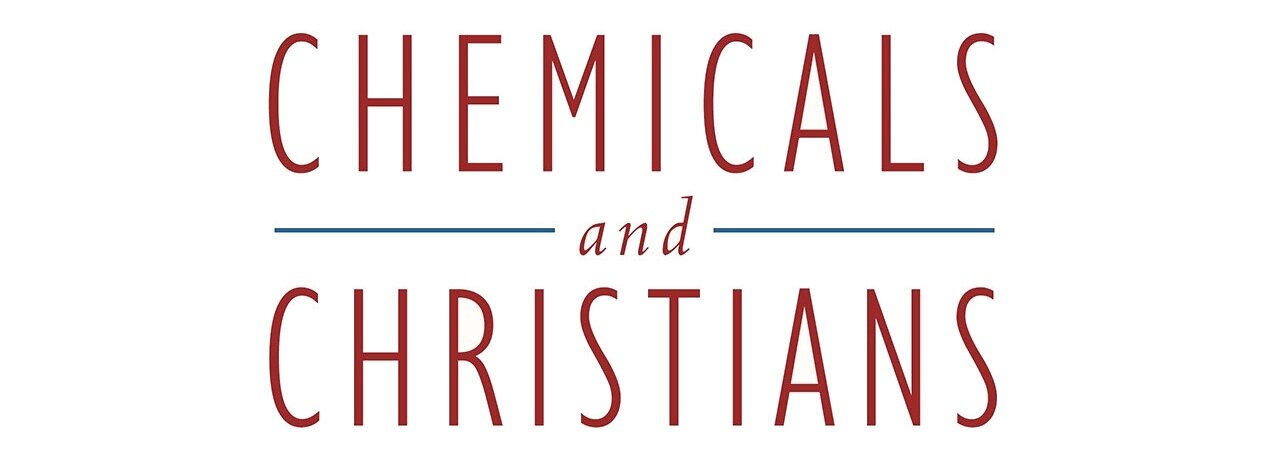It's flu season, and there seems to be even more talk than usual about the need for disinfecting surfaces and killing germs. Our culture certainly takes the fight against germs seriously. We add anti-microbial chemicals to soaps, toothpaste, deodorant, dishwashing detergent, cosmetics, clothing, shoes, carpets, countertops, children toys and all sorts of other products. One of the chemicals that has been used most frequently for the purpose is triclosan.
Here are some of the things we know about triclosan:
An analysis of 27 studies between 1980 and 2006 concluded that washing hands with an antibacterial soap is no more effective in preventing infectious illness than washing them with plain soap and water.
A factsheet prepared by The Centers for Disease Control and Prevention reports that triclosan is found in the bodies of about 75 percent of us.
A study reported in August of 2012 found that triclosan impairs muscle contractions, which can cause weakness and improper heart functioning. A Daily Tech article quotes a researcher who observes that "Although triclosan is not regulated as a drug, this compound acts like a potent cardiac depressant in our models."
When triclosan in consumer products comes into contact with chlorine (such as in tap water), the chemicals can combine to produce chloroform, which has been linked to a number of negative health effects and may contribute to cancer development. Authors of a 2007 study on triclosan-containing antibacterial products conclude that "exposure to chloroform can be significant under some conditions."
Overuse of triclosan and similar chemicals may contribute to the rise of antibiotic-resistant "superbugs." A 2006 article in the journal Microbial Drug Resistance states that "Since 2000, a number of studies have verified the occurrence of triclosan resistance amongst dermal, intestinal, and environmental microorganisms, including some of clinical relevance."
Triclosan has been found to hinder an enzyme related to estrogen metabolism. A report of the study observes that this may have significant implications for pregnancy and fetal development.
A higher level of triclosan in the bodies of children and teens under the age of 18 is associated with higher incidence of allergies. A Science Daily report notes that this supports the "hygiene hypothesis,” which postulates that living in a highly germ-free environment may impair the proper development of the immune system.
A recent analysis of Minnesota lakes found increasing levels of triclosan and triclosan derivatives (chemicals which are formed when triclosan and chlorine mix during wastewater treatment). When these are exposed to sunlight, they form dioxins. The World Health Organization designates dioxins as "highly toxic" and among the "dirty dozen" chemicals that are especially dangerous and persistent in both the environment and human body.
To sum it up, manufacturers put a potentially dangerous chemical which doesn't appear to have much benefit into a huge array of consumer products. Good idea? I don't think so. Purchasing and using products containing triclosan? I don’t think that’s a good idea, either.


